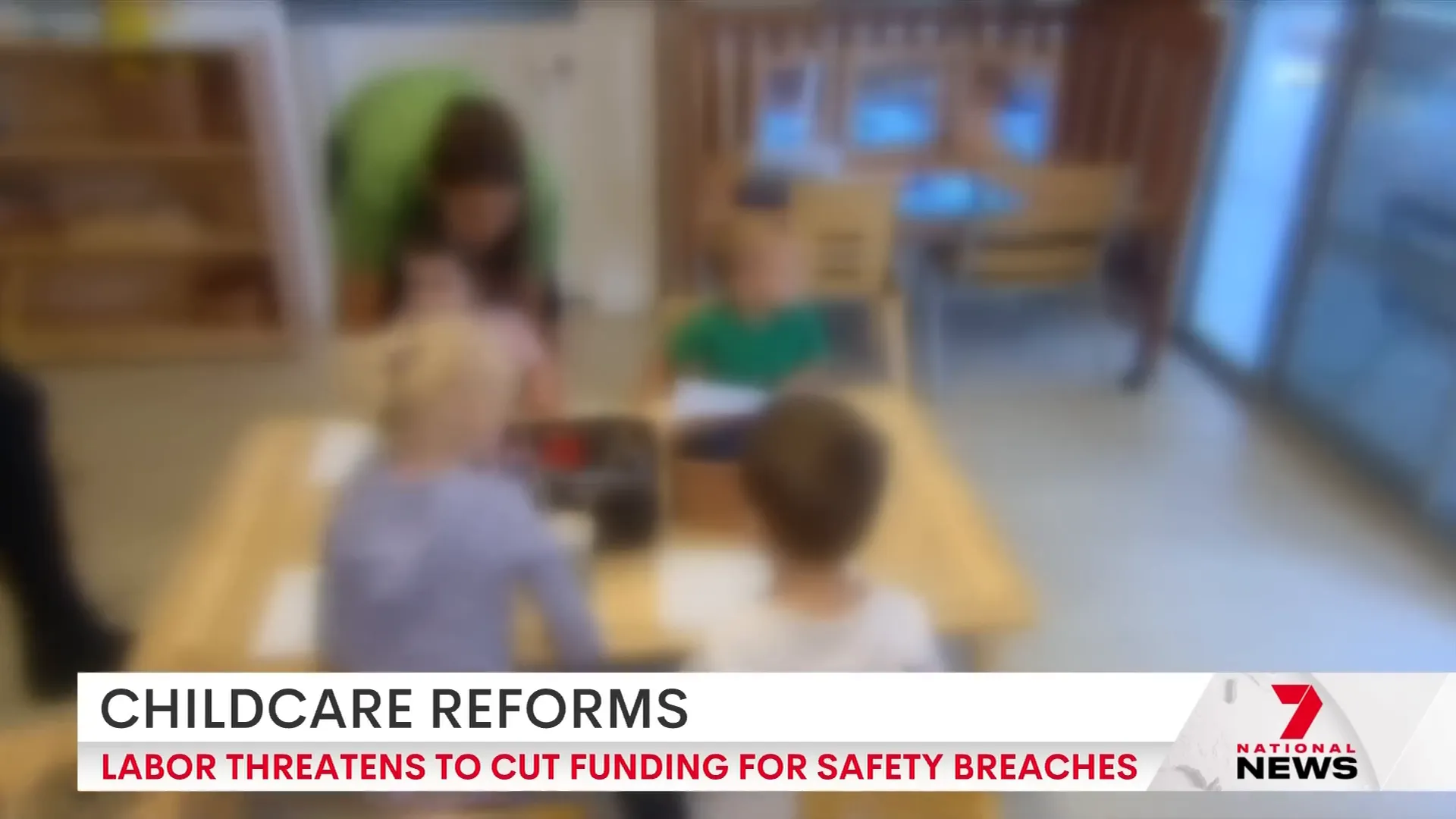Jul 3, 2025
Urgent Reforms Needed to Fix Australia's Failing Childcare System
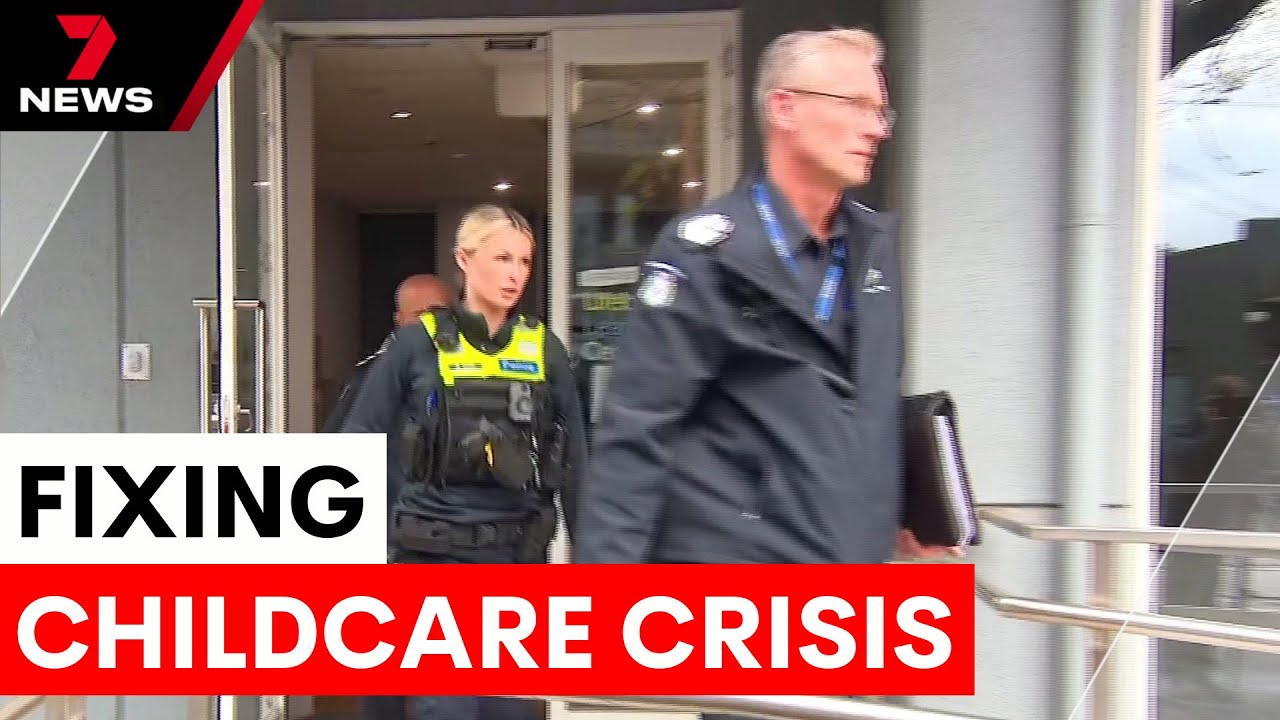
The childcare system in Australia is under intense scrutiny following recent disturbing allegations that have shaken families and communities. With safety concerns, staffing shortages, and profit-driven practices dominating headlines, urgent reforms are essential to protect our children and support the educators who care for them. This article explores the critical issues facing the sector, the government's response, and expert insights on what needs to change.
Table of Contents
- The Crisis in Australia's Childcare System
- Current and Proposed Safety Measures
- Expert Perspectives: The Need for Swift and Comprehensive Reform
- Conclusion: A Call to Action for Childcare Reform
- Frequently Asked Questions (FAQ)
The Crisis in Australia's Childcare System
The childcare sector has been rocked by horrifying allegations involving a worker and his associate charged with serious sex abuse crimes in Melbourne. These revelations have sparked outrage and a call for immediate action to overhaul the system that is supposed to keep children safe.
Education Minister Jason Clare has openly acknowledged that the childcare system is failing families, expressing frustration with the slow pace of reform implementation. Clare stated, "The implementation of those reforms has taken too bloody long, and they need to be accelerated." He stressed the urgent need for a national register for childcare educators and improvements to the Working with Children checks, emphasizing that if allegations are proven true, the system has unequivocally failed the families involved.
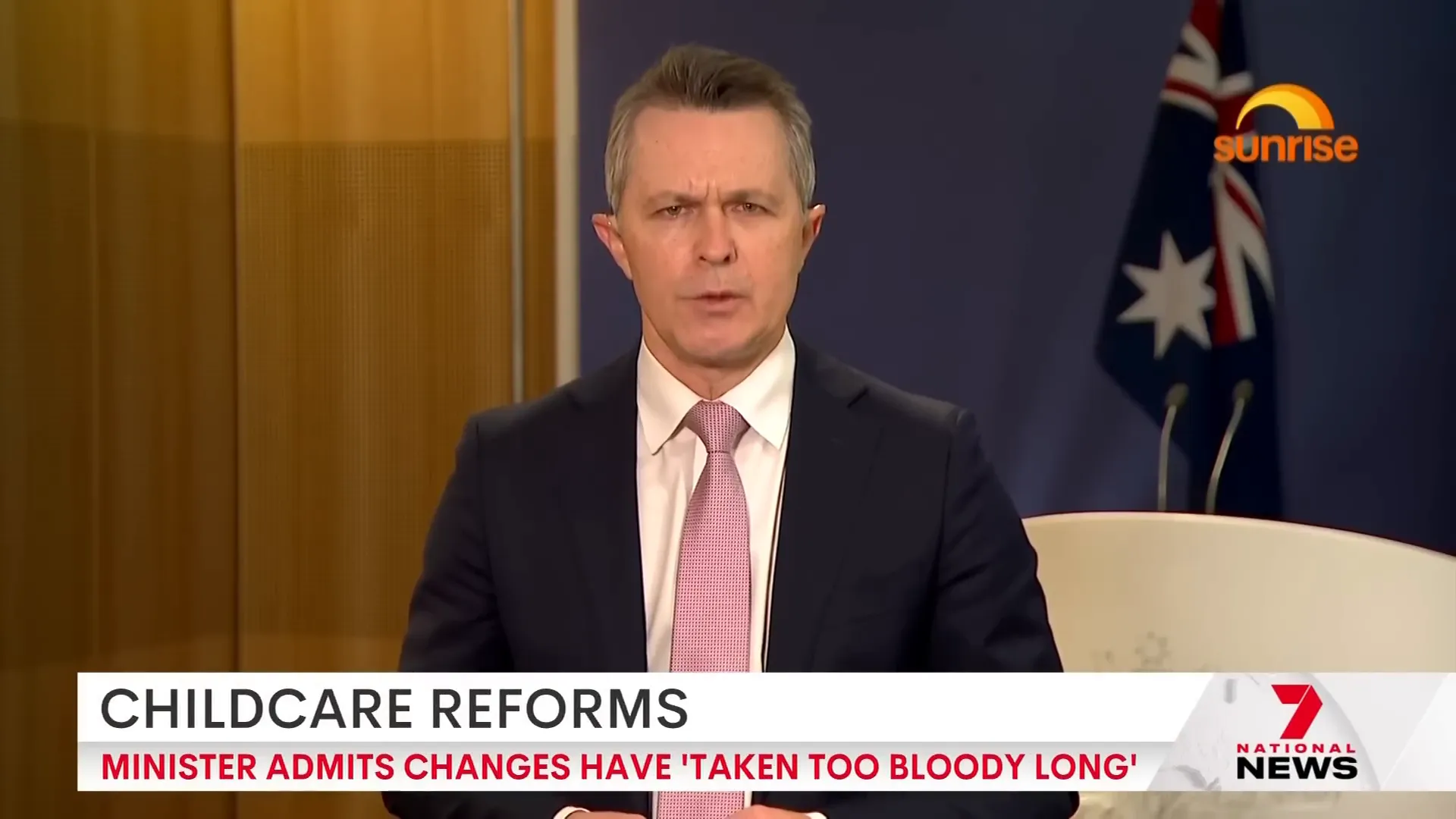
Clare also revealed a personal connection to one of the affected families, highlighting the emotional weight behind the government's push for change. His commitment to act decisively was clear, promising legislation to cut funding to childcare centers that fail to meet safety standards. Since approximately 70% of childcare funding comes from the federal government, withholding funds is a powerful lever to enforce compliance and protect children.
Current and Proposed Safety Measures
Some actions have already been taken, including banning mobile phones in childcare centers and strengthening mandatory reporting requirements. However, Clare insists these steps are insufficient on their own. He plans to introduce new legislation when parliament resumes, targeting centers that do not uphold child safety standards by cutting their funding. This approach aims to ensure that financial incentives align with the highest safety and care standards.
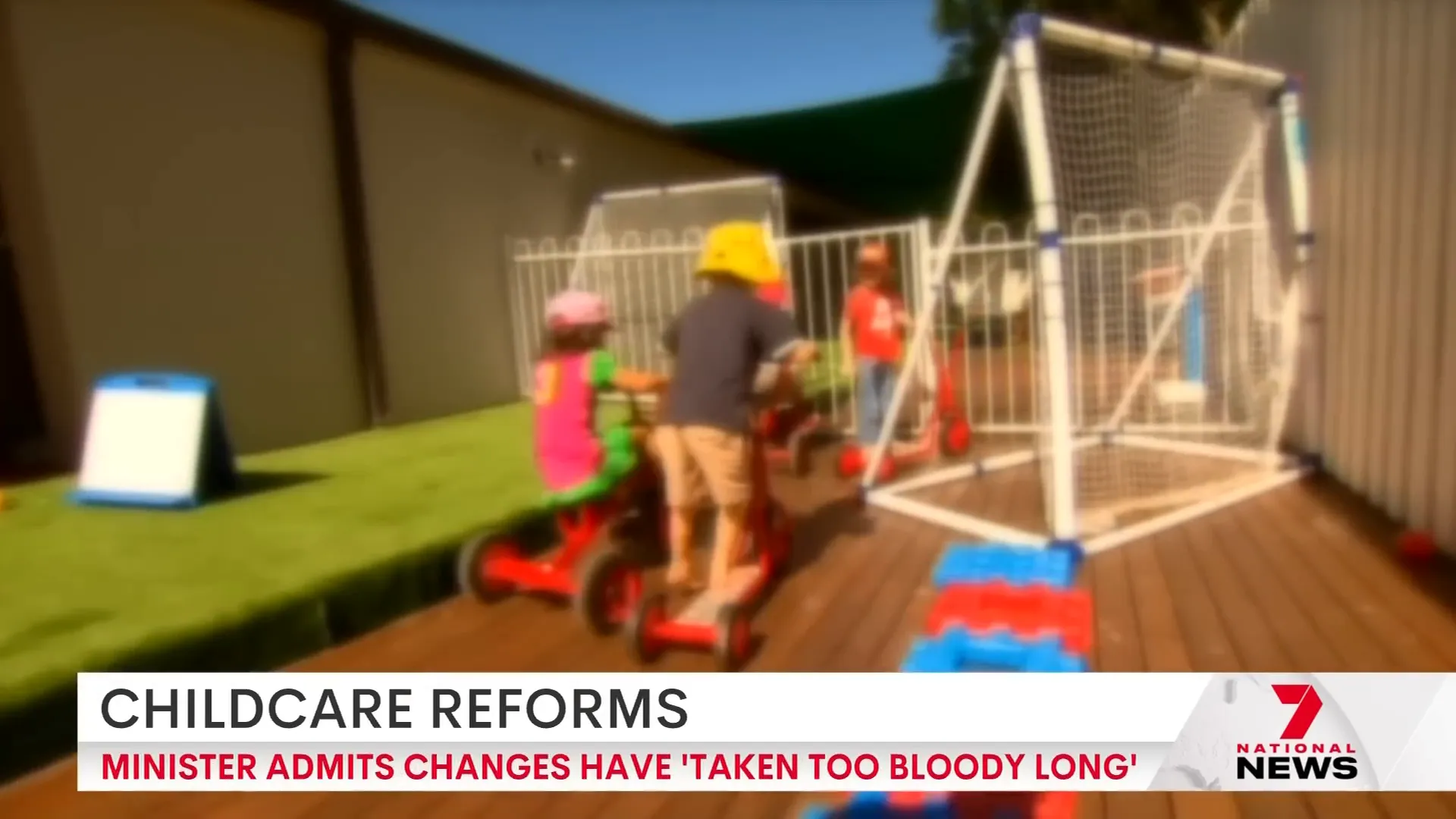
Despite these efforts, Clare acknowledges the complexity of the system and the persistent challenge of keeping unsuitable individuals out of childcare roles. "There will always be people that will try to break through the net and try to get into the system," he said, underscoring the need for continual vigilance and improvement.
Expert Perspectives: The Need for Swift and Comprehensive Reform
Dr. Marg Rogers, an expert in early childhood education at the University of New South Wales, provided critical context on the current state of the childcare sector. She reminded us that a royal commission was held around eight years ago with important recommendations that have yet to be fully implemented.
Dr. Rogers cautioned against slow, incremental change, stating,
"We have to put them in place fairly quickly because they're usually uncovering, like in this case, situations that are harmful for people."She emphasized that royal commissions represent the highest level of inquiry and should not be ignored or delayed in their implementation.
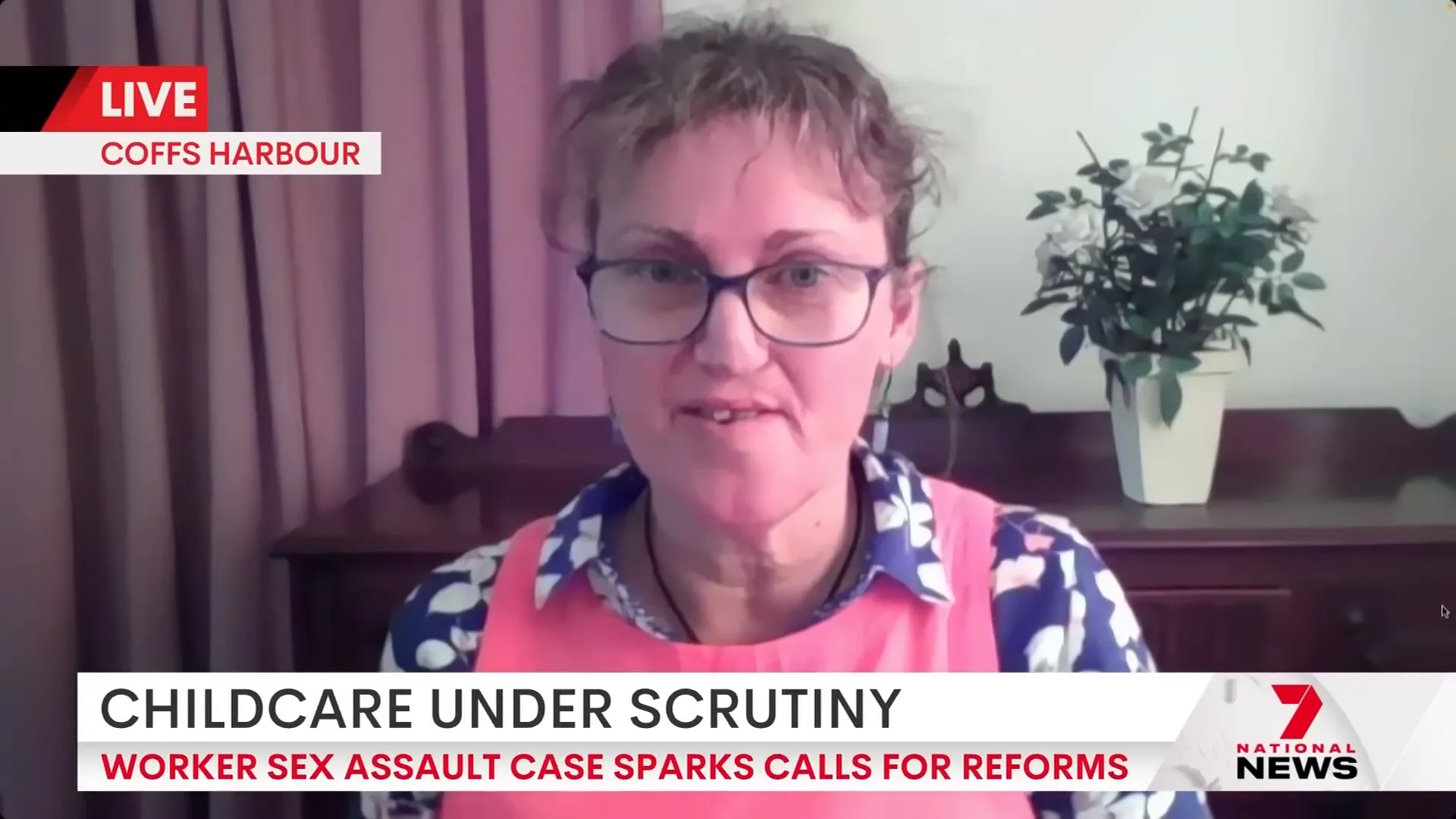
The Profit Motive and Its Impact on Childcare Quality
The debate has also turned towards the role of profit in childcare services. Concerns have been raised about some centers prioritizing financial gain over quality care, resulting in underpaid and unsupported staff, inadequate training, and unsafe staffing levels.
Dr. Rogers acknowledged the existence of unscrupulous providers who manipulate staff-to-child ratios by counting non-educator roles like cooks and administrative workers as educators. This dangerous practice compromises children's safety during critical times such as educator breaks or paperwork periods.
However, she was careful to note that many providers, including some for-profit and community services, are delivering excellent care. The challenge lies in identifying and regulating those who do not meet standards.
Beyond Working with Children Checks: Addressing Systemic Issues
While improving Working with Children checks is a key focus, it is not a silver bullet. Dr. Rogers highlighted that the childcare sector, like aged care and disability care, has been historically undervalued and neglected by all political parties. These roles, traditionally held by women, suffer from poor pay, low status, difficult working conditions, and long hours.
She pointed out, "If we want to attract the extra twenty-one thousand educators that we are now short of and we're going to need, then we have to make it an attractive industry to work in." The workforce shortages are a critical barrier to ensuring child safety and quality care, underscoring the need for systemic reform beyond just safety checks.
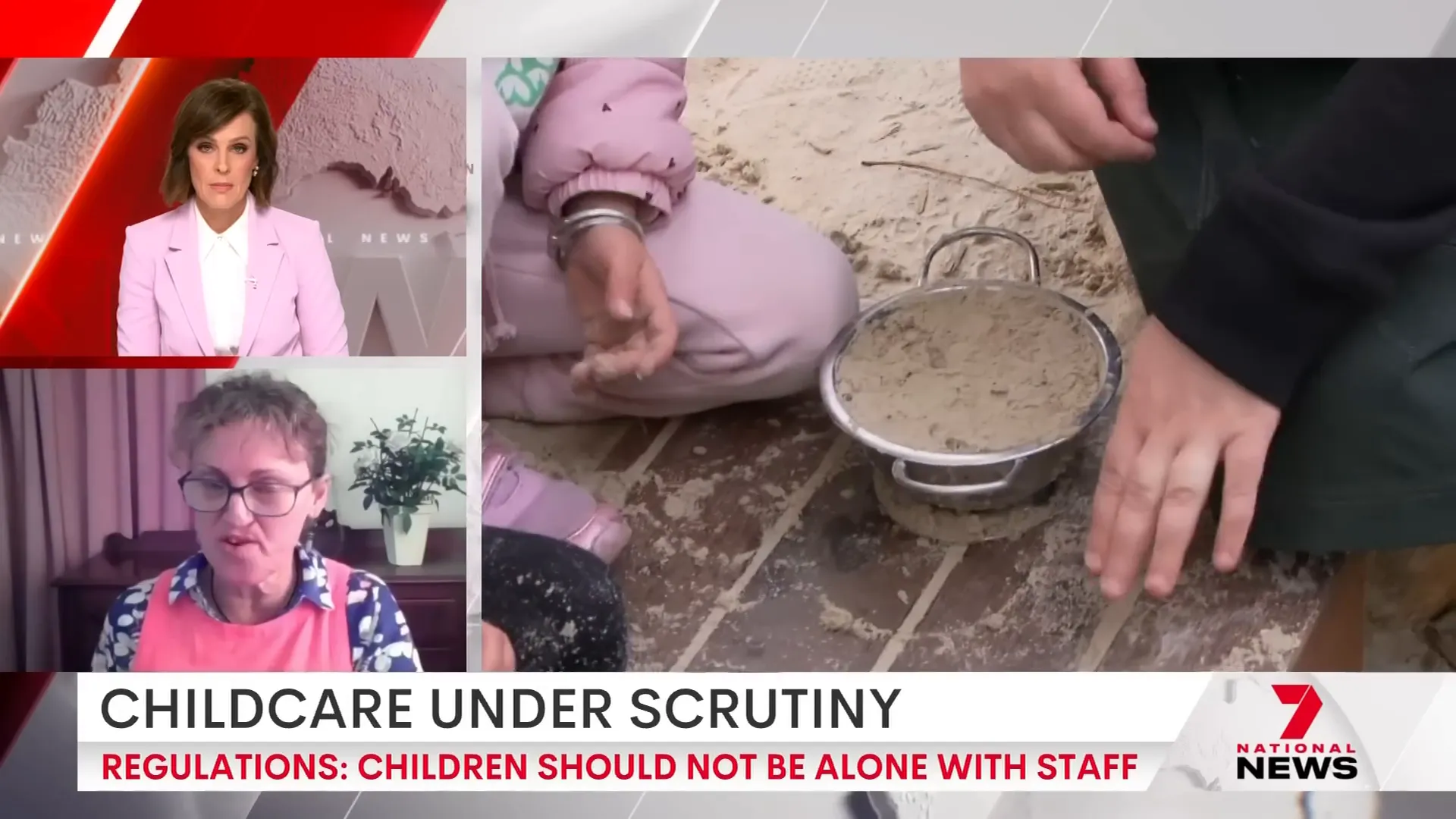
Conclusion: A Call to Action for Childcare Reform
The recent revelations and ongoing investigations have exposed deep flaws in Australia's childcare system. Families deserve better—better safety, better staffing, and better accountability. The federal government, led by Education Minister Jason Clare, has signaled a firm commitment to accelerate reforms, enforce stricter standards, and leverage funding as a tool to ensure compliance.
Experts like Dr. Marg Rogers remind us that these reforms must be swift, comprehensive, and address the systemic undervaluation of the childcare profession. Only then can we ensure a safe, supportive environment where children can thrive and educators are respected and adequately supported.
The time for excuses is over. It is time for serious action to protect Australia's children and rebuild trust in the childcare system.
Frequently Asked Questions (FAQ)
What triggered the recent scrutiny of Australia's childcare system?
Recent charges against a childcare worker and his associate for serious sex abuse crimes in Melbourne have brought intense scrutiny to the sector, highlighting systemic failures in safety and oversight.
What reforms is the government proposing to improve childcare safety?
The government plans to implement a national register for childcare educators, improve Working with Children checks, introduce legislation to cut funding to unsafe childcare centers, and enforce stricter safety standards.
Why is funding a critical factor in enforcing childcare safety?
Federal funding accounts for about 70% of the operational costs of childcare centers. Cutting funding to centers that fail safety standards is a powerful incentive to ensure compliance with regulations.
Are all childcare providers profit-driven and neglectful?
No. While some unscrupulous providers prioritize profit over care, many for-profit and community childcare services provide excellent care. The issue lies in regulating and addressing those who do not meet required standards.
Why is there a shortage of childcare educators in Australia?
The sector has historically been undervalued, with poor pay, low status, difficult working conditions, and long hours, making it challenging to attract and retain qualified educators. Addressing these issues is critical to resolving staffing shortages.
